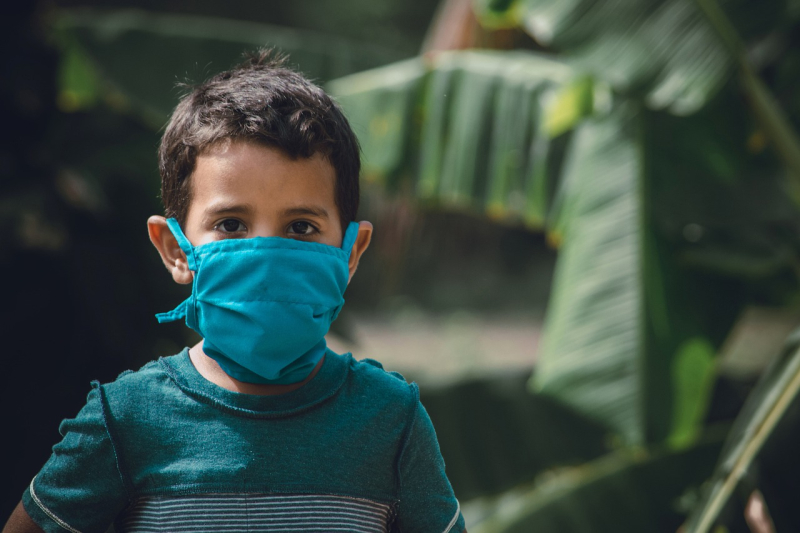As parents, we can find that we've got to take a multifaceted approach to develop our children's mental health. We may work on improving their confidence but we may think that while we are tackling the big problems, there are other more subtle issues that begin to creep in. A very good example in the modern world is hypochondria. We live in a world where now we've got to be very diligent about wearing masks and sanitizing our hands. If your child is a hypochondriac, where they fear serious undiagnosed medical conditions, this can cause a lot of anxiety. And health anxiety can begin at a very young age. So how can we deal with this?
Understanding the Real Symptoms of Illness
This is crucial to encouraging our children to understand what can be defined as illness and watch cannot. If you have older children, they may feel tempted to visit Dr. Google if there are any issues. As any parent knows, going online only opens you up to a larger problem, where a simple cough can be symptomatic of something much worse. This is why, as parents, we need to have a little bit more knowledge under our belt, so we can alleviate their fears. Partly, we need to learn more about the relevant signs if something needs to be checked out, such as if your child needs a hearing test. But also have a common-sense approach to dealing with it. Because it is something that your child is feeling you may not be able to have the same sense of empathy, because this is a very unique anxiety, and the only way to really alleviate any fears without going to the doctor is to become more knowledgeable yourself.
Going to a Medical Professional
Hypochondria is of course a fully diagnosable condition in itself. Professional treatments can involve Cognitive Behavioral Therapy (CBT), which is very useful for reducing any form of fear. This could benefit your child because it helps them to understand some of the false beliefs that trigger their anxieties. CBT teaches people experiencing hypochondria to identify what will trigger their behavior and helps and to manage it through appropriate coping skills. A doctor's appointment might be enough to give your child the message that there is nothing superficially wrong with them, but if you have any concerns about the levels of anxiety they are facing, you should always get help.
Understanding Your Attitude to Illness
If you continually talk about aches and pains, or headaches, it is important to remember how this can impact a young child. They could start to believe this is the best way to communicate their feelings with you. It is important to be aware that if you are speaking a lot about aches and pains and illnesses, this can easily infiltrate their subconscious, and give them a specific attitude to not just illness, but getting attention.
The Importance of Stress Management
Children of a certain age worry about things, and if it is not nipped in the bud, it will become worse. Any child can feel a certain sense of anxiety and this is why having a toolbox of stress management techniques will benefit you and your child. If your child learns techniques to relax, such as progressive muscle relaxation, this can slowly become a part of their life. We have to remember that these techniques need to be practiced on a continuous basis. When we learn how to relax, we are going to feel better. Additionally, focusing on hobbies they enjoy is a way for them to avoid obsessing over symptoms. It provides a solid distraction but is also a lesson in focusing on happier thoughts, that “mind over matter” approach really can help.
Accepting Symptoms as Normal
Your child needs to recognize that physical symptoms are not necessarily something negative, but are normal. A very good example is growing pains. If your child has aches and pains in their legs, this is nothing ominous. And recognizing that if a doctor has checked your child over and everything is fine, understanding this is a mental health condition can be offset by the combination of methods.
We have to remember that hypochondria is not just something that we hope would pass, but it is the symptom of anxiety. Young children are prone to anxiety, and hypochondria is on the rise, understandably due to everything that has gone on. But in order to deal with it in the modern world, it's about recognizing a number of key components.


